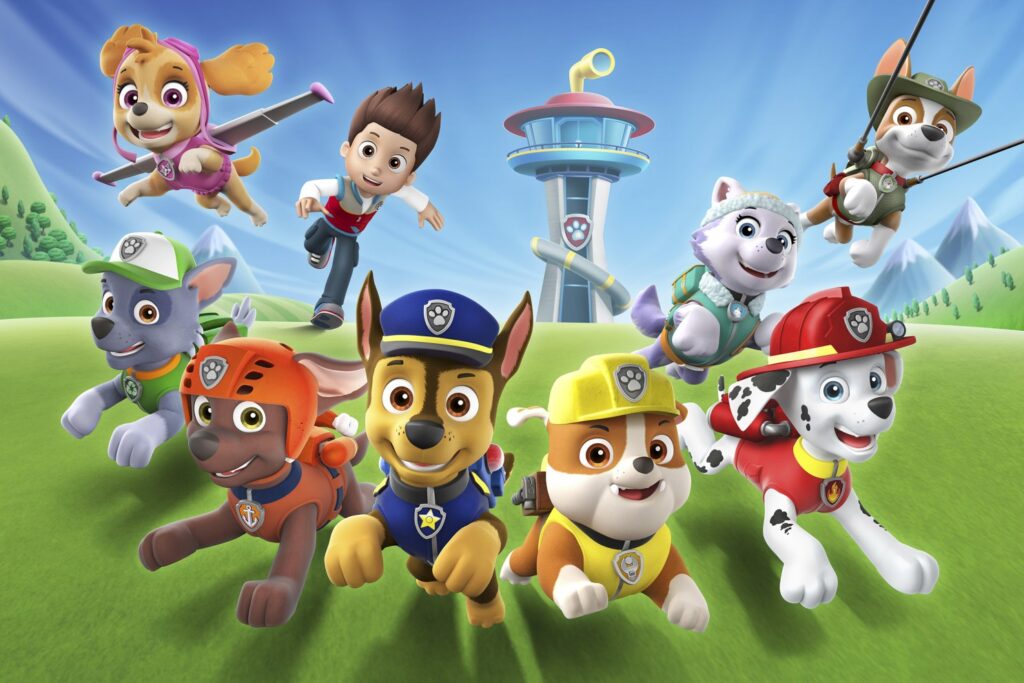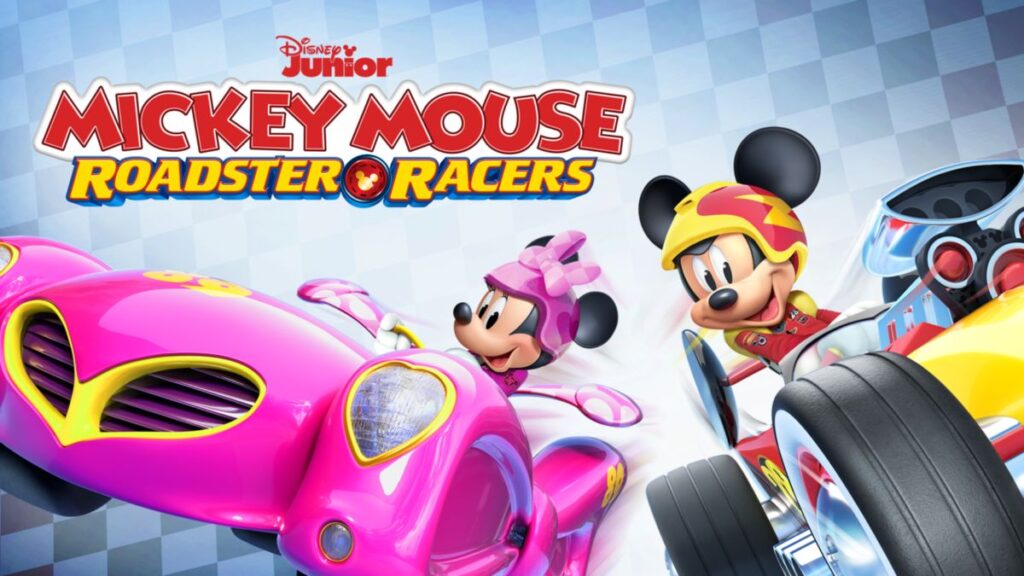A couple weeks ago I was having a discussion in my Multicultural Education class about the first times we ever thought about our gender identity. Strikingly, about 1/3 of the class made some mention towards children’s television programming influencing their behavior from an early age. Whether we like it or not, children’s television programming sets many of the standards for how our society is formed, introducing norms to children at an early age when they are still trying to figure out how the world works and how they should act. Because of this, it is crucial for these programs to be progressive in how they display our societies norms (specifically gender norms). Unfortunately, this is not the case. Even today, children’s shows are showing the same problematic scenarios that were around in our childhoods.

In the widely popular show Paw Patrol, a show about a group of rescue dogs, only 1 out of the 6 main characters is female. The show does have a female mayor but she is constantly portrayed as dumb and inept. An article published on refinery29 says that one of the most problematic stereotypes depicted in the show is that “men are expected to have a certain amount of aggressiveness,” allowing kids to accept more anger in boys. Seeing violence and aggression as a normal male trait likely leads to the socialization of this trait in kids, as they come to see it as acceptable.

In the show Mickey Mouse and the Roadster Racers, many of these same problematic scenarios occur. Throughout the show Minnie and Daisy, the two main female characters, find themselves all too often in the caregiver roles. They are often given the roles of petsitters, cleaners, cake bakers, etc. This helps reinforce the problematic gender stereotypes that we are actively trying to move away from as a society. Without the ability to think critically on these programs, kids will perceive these depictions as a truth about society: women are meant to be in the caregiver role. This is extremely problematic!


Even the commercials on these children’s networks play a role in depicting problematic gender norms. Kids are being told through subliminal messaging what they should like, how they should dress, how they should act, etc. It’s not just the message that girls should play with dolls and boys should play with Hotwheels, these commercials are influencing kid’s entire behavior and identity. In order to make the change that we want as a society, we must start with a ground-up approach in children’s programming. If not, we will see the same problematic media influencing our kids in the future.





